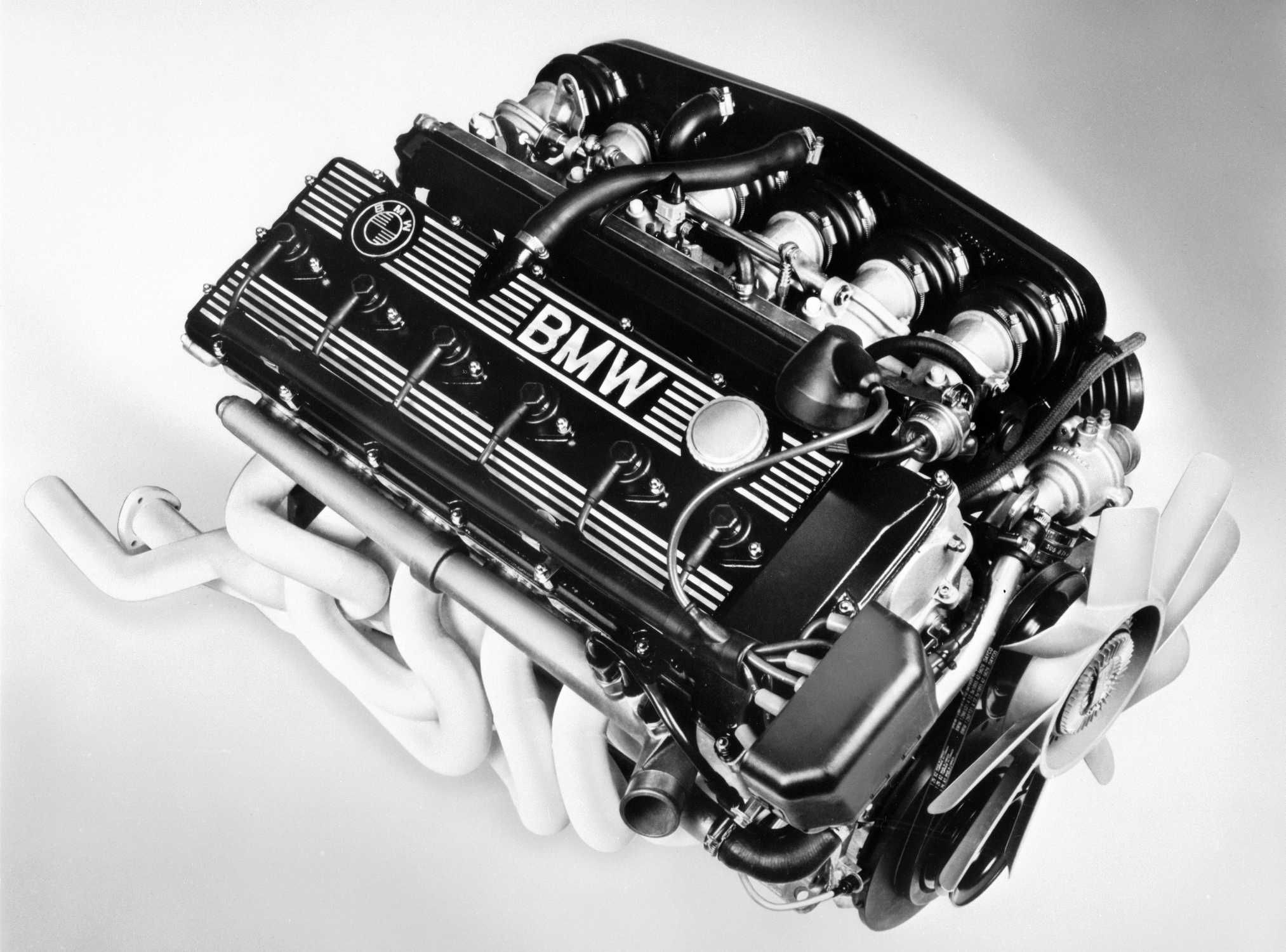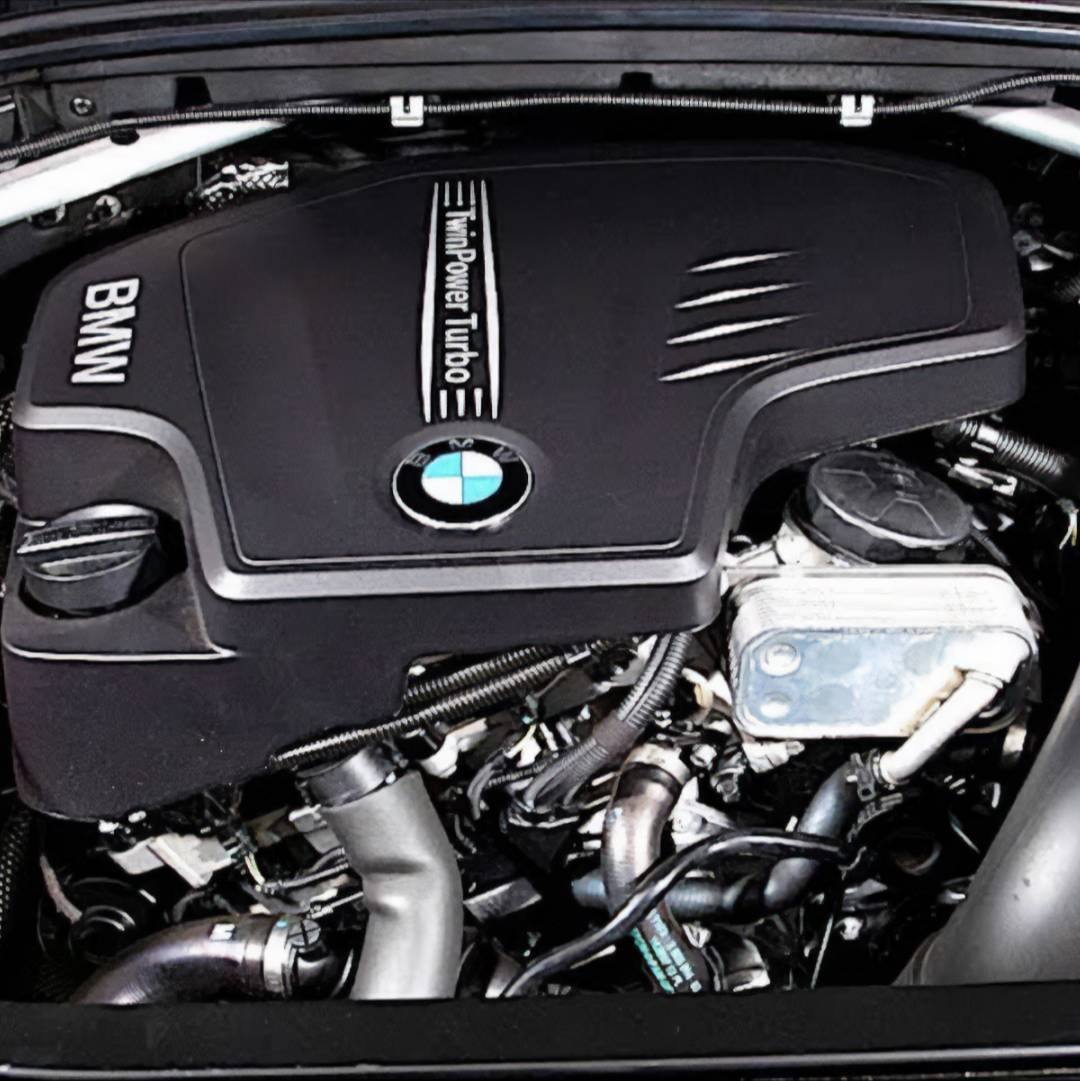Unveiling the Intricacies of Next-Generation Power Units: a Deep Dive Into Advanced Engine Innovations and designs
In the realm of automotive design, the relentless search of efficiency, sustainability, and effectiveness has moved the development of power devices to extraordinary elevations. As we base on the precipice of a new age in transport, the complexities of next-generation engine styles beckon us to check out the innovative technologies and innovations that assure to redefine the driving experience. From sophisticated materials that push the borders of toughness and weight reduction to innovative turbocharging and turbo charging systems that elevate power result to brand-new levels, each part of these power systems holds an essential to unlocking the future of automotive engineering. Digging much deeper into the worlds of emission control, smart engine management systems, and the perspective of power unit development, we locate ourselves on the cusp of a change that promises to reshape the landscape of wheelchair as we understand it.
Advancement of Engine Materials

The shift in the direction of advanced engine products has actually additionally enabled designers to develop engines with greater power outputs while keeping fuel efficiency criteria. For instance, using light-weight materials decreases the overall weight of the engine, causing enhanced gas economic situation and reduced emissions. Furthermore, developments in materials innovation have actually enabled much better thermal management within engines, leading to enhanced dependability and long life.
Turbocharging and Supercharging Technologies
Exactly How do Turbocharging and Supercharging Technologies reinvent engine efficiency and performance in modern lorries? Turbocharging and supercharging are modern technologies that significantly boost engine efficiency by boosting the amount of air intake right into the combustion chamber. Turbocharging attains this by making use of a generator driven by exhaust gases to pressurize the intake air, while turbo charging utilizes a belt- or chain-driven compressor to attain the very same impact.
These innovations make it possible for smaller, extra fuel-efficient engines to generate power comparable to larger ones, referred to as downsizing. Forcibly more air right into the cylinders, turbo charging and turbocharging boost burning performance, resulting in boosted horsepower and torque output without a significant boost in engine size. This brings about much better acceleration, towing ability, and total driving performance.
Moreover, turbocharging and turbo charging add to improved gas performance by enabling the use of smaller engines that eat less gas under normal driving conditions - bmw engine. This combination of boosted performance and effectiveness has made turbocharging and supercharging essential parts of several modern engine designs
Discharge Control and Environmental Influence
With enhancing worldwide issues pertaining to air quality and ecological sustainability, the application of exhaust control technologies in lorries plays a crucial role in decreasing hazardous pollutants launched right into the atmosphere. Modern vehicles are outfitted with sophisticated exhaust control systems that aid reduce the ecological effect of automobile procedures. Catalytic converters, as an example, are developed to transform hazardous gases such as carbon monoxide, nitrogen oxides, and hydrocarbons right into less unsafe substances like co2 and water vapor.
In addition, improvements in engine modern technology, such as the assimilation of exhaust gas recirculation systems and selective catalytic reduction, have actually considerably added to reducing emissions. These modern technologies function in tandem to maximize navigate to these guys burning efficiency and reduce the release of damaging contaminants right into the air. In addition, the development of crossbreed and electrical cars stands for an important step in the direction of lowering the total environmental footprint of the transportation market.
Intelligent Engine Management Equipment

Moreover, these systems enable vehicles to satisfy stringent emissions criteria without endangering performance, offering an extra eco friendly driving experience. The combination of synthetic intelligence and device learning abilities in engine administration systems remains to push the boundaries of what is feasible, leading to further enhancements in efficiency, dependability, and Continue overall vehicle performance. bmw engine. As automobile technology developments, intelligent engine management systems will play a vital duty fit the future of transport in the direction of a much more effective and sustainable direction
Future Trends in Power Device Growth
As smart engine management systems lead the way for improved control and optimization in modern lorries, future fads in power device advancement are positioned to redefine the landscape of vehicle propulsion technologies. Among the vital fads driving technology in power device advancement is the shift towards electrification. With an enhancing emphasis on sustainability and lowering carbon emissions, crossbreed and electric powertrains are ending up being extra prevalent in the automotive sector. These different source of power use boosted efficiency and performance while straightening with stringent environmental policies.
One more considerable trend is the assimilation of sophisticated materials and making techniques. Light-weight products such as carbon fiber and aluminum are being used to minimize total vehicle weight, enhancing gas efficiency and efficiency. Furthermore, developments in 3D printing and additive production are allowing the production of complicated engine elements with greater accuracy and toughness.
In addition, expert system and device discovering are playing an essential duty in enhancing power device efficiency. These innovations enable for real-time surveillance and adaptive control, causing extra reliable and reliable power distribution. In general, future patterns in power device development are tailored in the direction of sustainability, performance, and performance, driving the automotive sector towards a new age of propulsion modern technologies.

Conclusion
In conclusion, the advancements in engine materials, turbocharging, exhaust control, and smart administration systems have paved the way for next-generation power devices. These innovations have not just better performance and efficiency yet additionally lowered environmental effect. As modern technology continues to evolve, future fads in power system growth are likely to concentrate on further improving sustainability and optimizing power result. The elaborate styles and developments in modern engines display the ongoing advancement of vehicle technology.
Checking out the dynamic improvements in engine products has the original source actually been crucial in enhancing the performance and performance of contemporary engines. Over the years, the evolution of engine materials has actually played a crucial role in pushing the boundaries of what engines can accomplish.The change in the direction of advanced engine products has likewise made it possible for engineers to create engines with higher power outputs while preserving fuel efficiency standards.The application of intelligent engine management systems in modern vehicles has changed the way engines are controlled and optimized for performance and efficiency. By gathering data in real-time and assessing it with sophisticated formulas, intelligent engine administration systems can adjust to driving designs, environmental elements, and engine health and wellness to optimize power result while lessening fuel intake and emissions.